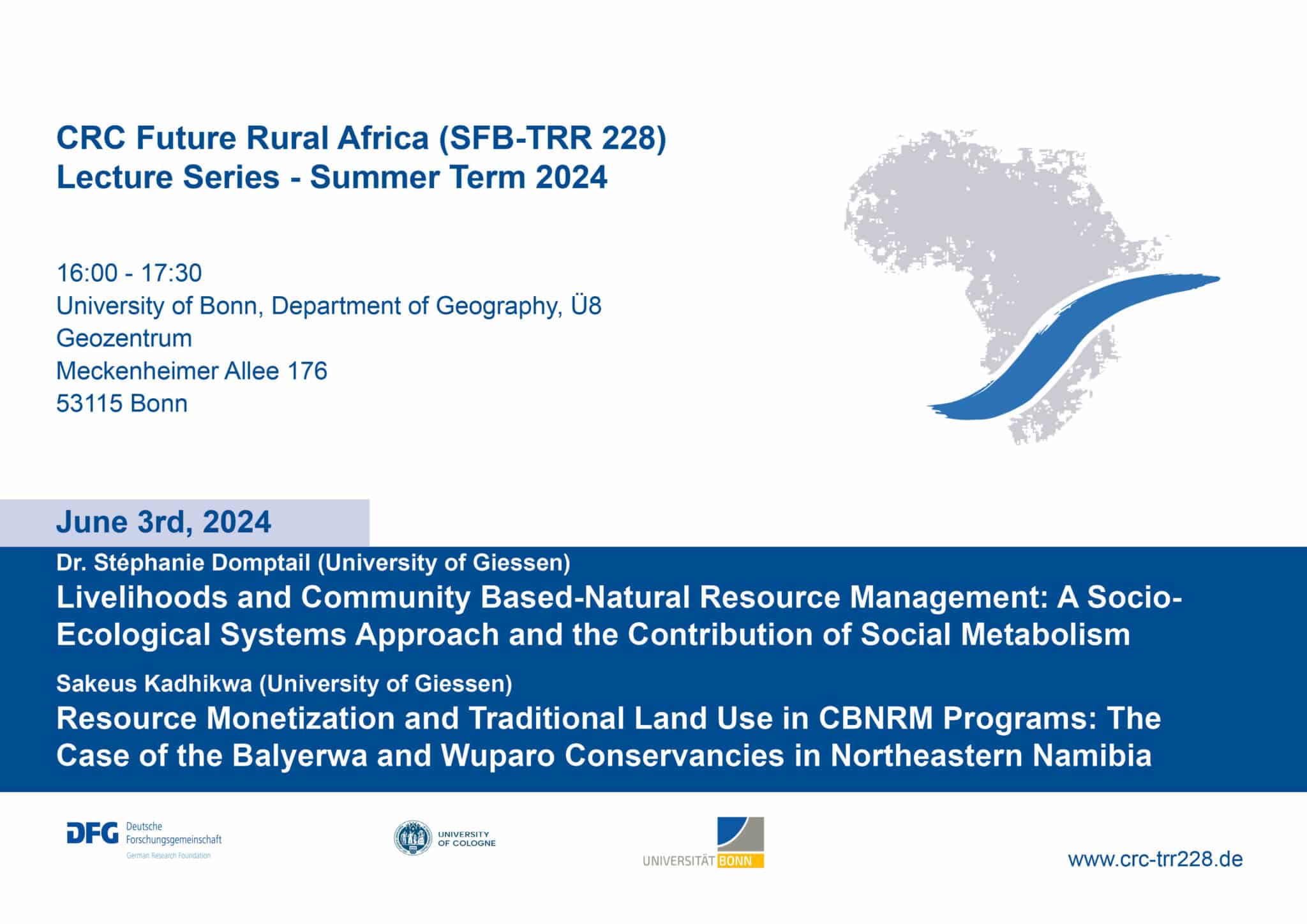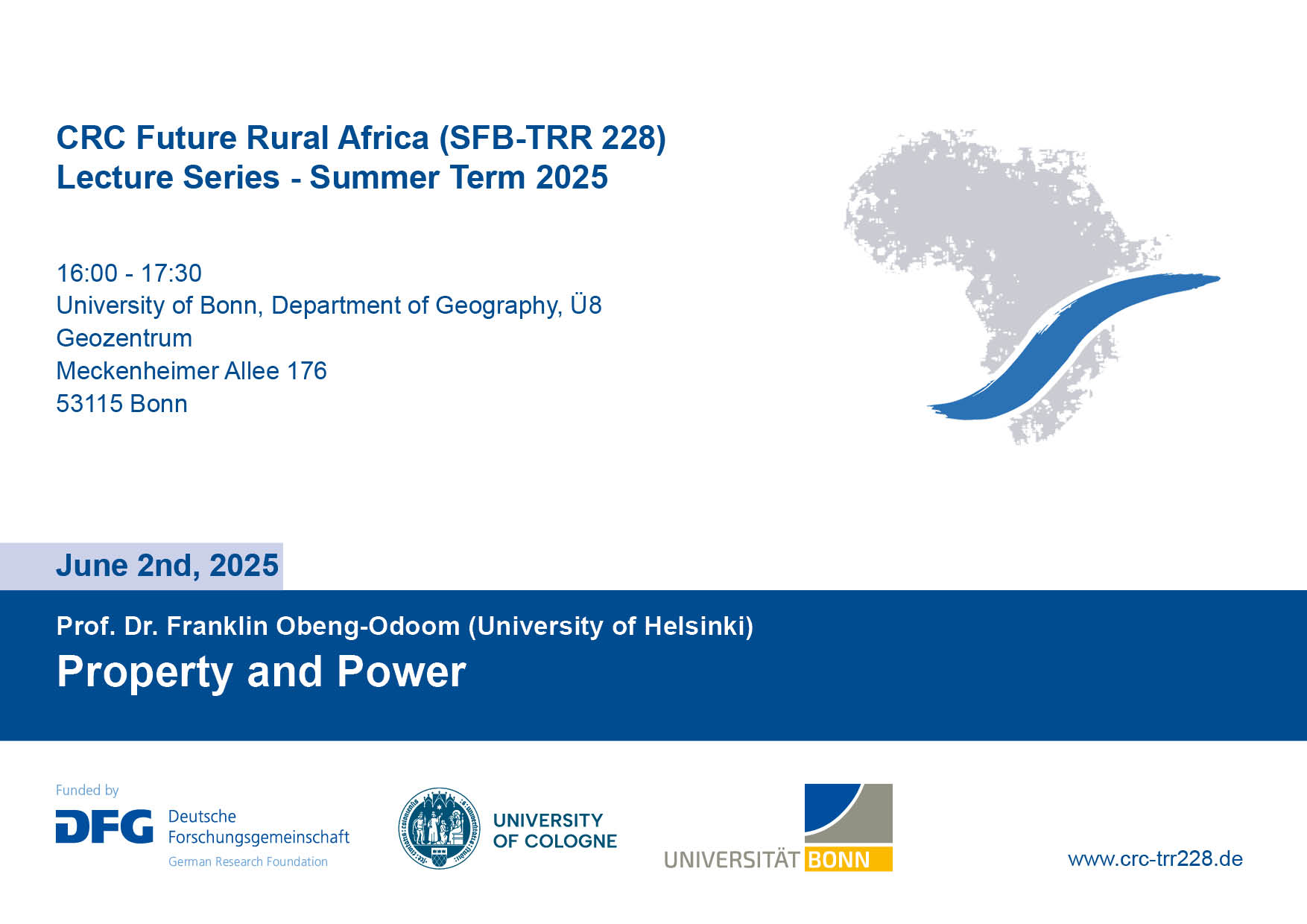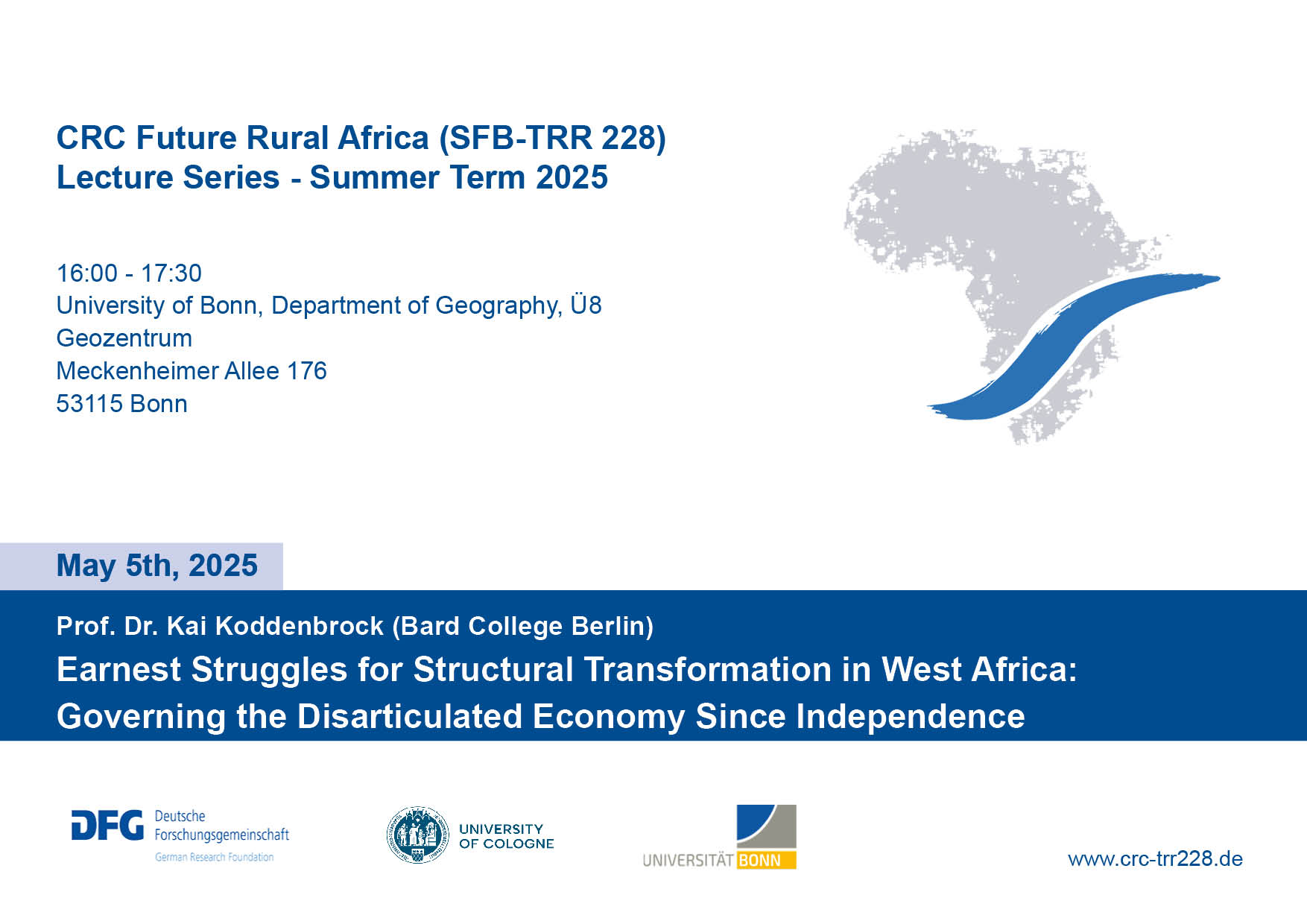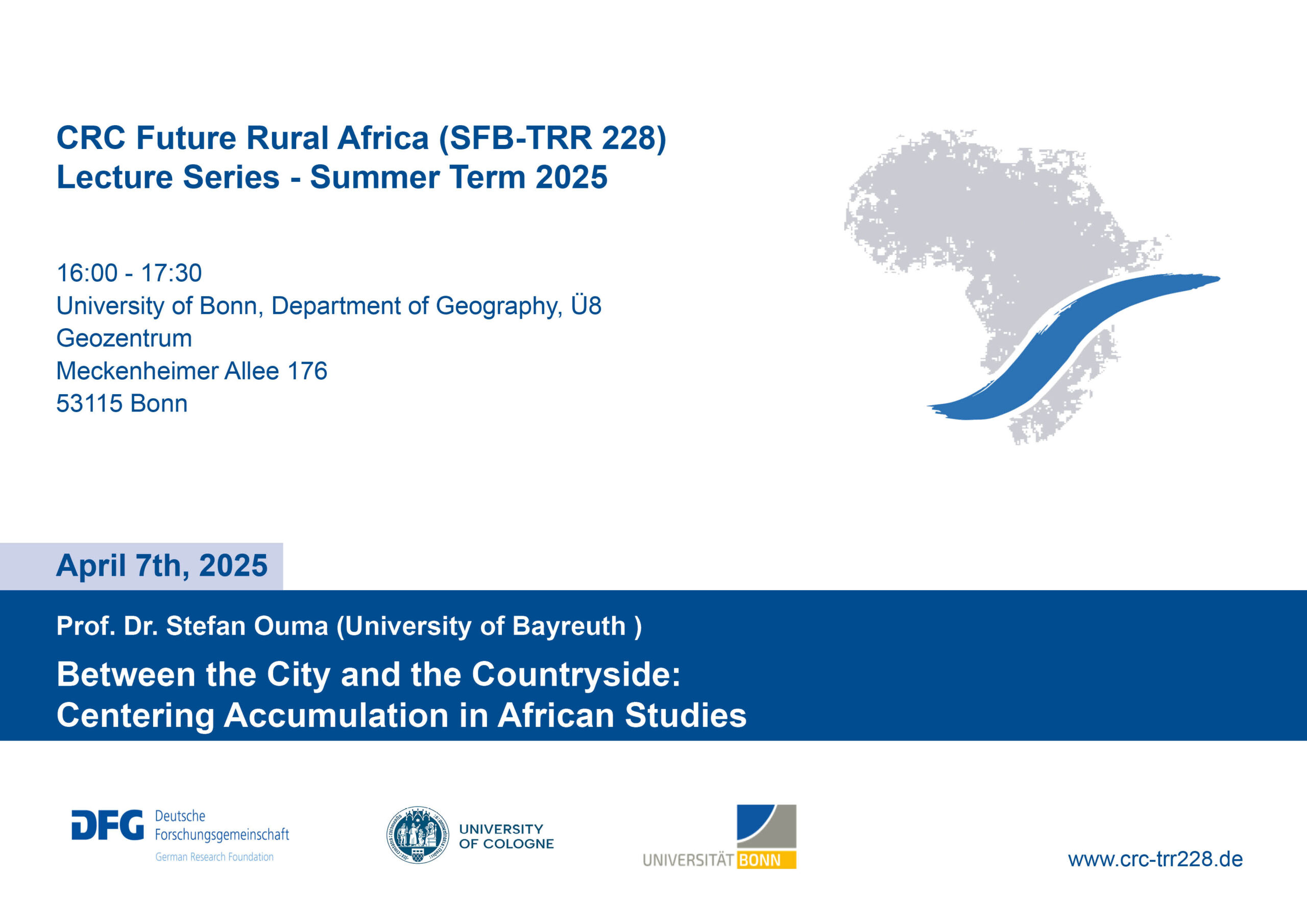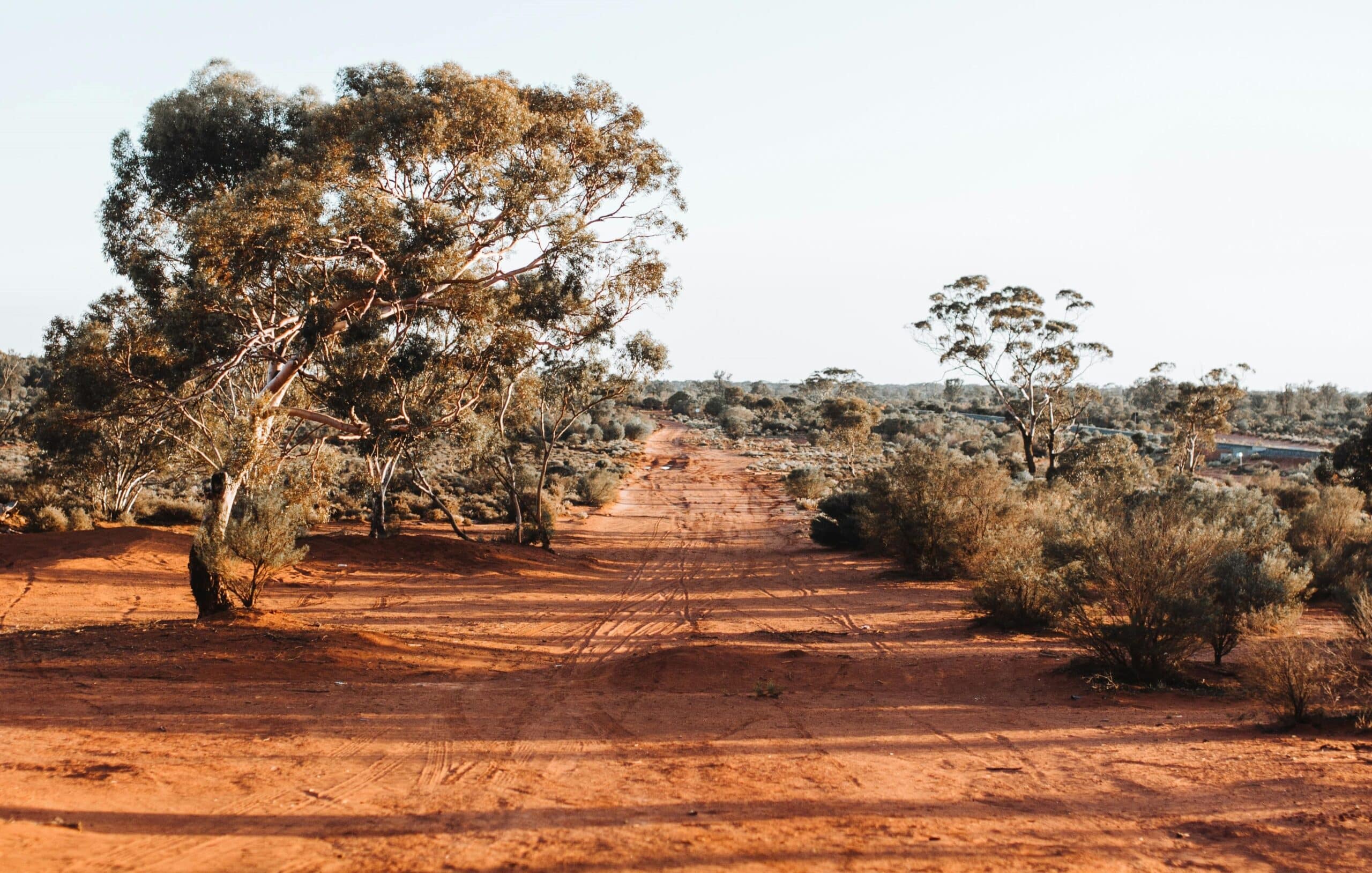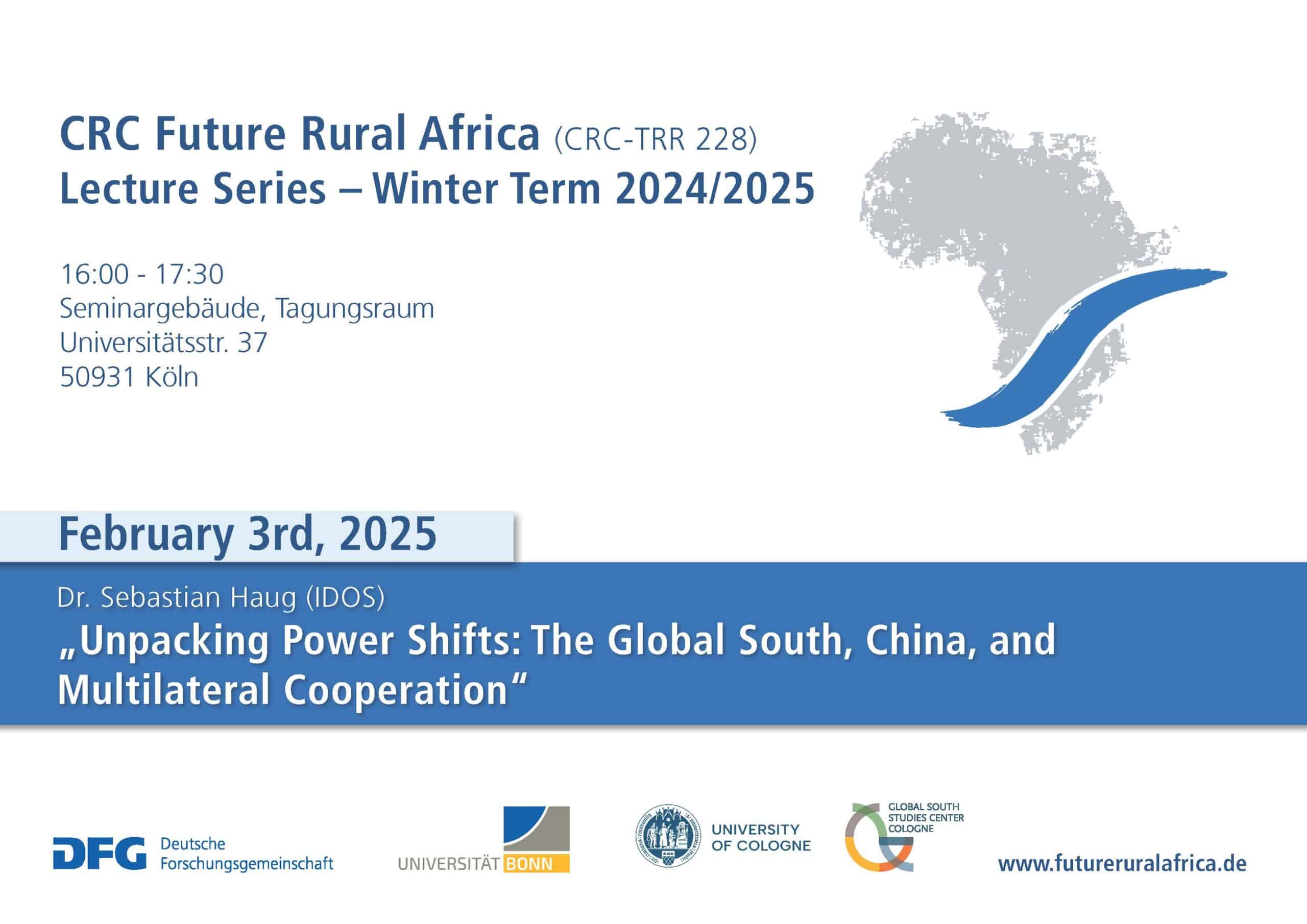Mon | June 3, 2024 | 16:00 – 17:30 CEST
The Future Rural Africa Public Lectures Series is back with a double header!
Dr. Stéphanie Domptail is a researcher and lecturer at the University of Giessen’s Institute for Agricultural Policy and Market Research and the Enhanced livelihoods and Natural Resources Management under Accelerated Climate Change (ELNAC) project.
Sakeus Kadhikwa is a researcher under the Enhanced livelihoods and Natural Resources Management under Accelerated Climate Change (ELNAC) project at the University of Giessen’s Institute for Agricultural Policy and Market Research.
Livelihoods and Community Based-Natural Resource Management: A Socio-Ecological Systems Approach and the Contribution of Social Metabolism
Presenter: Stéphanie Domptail
This presentation aims to introduce the ELNAC research project “Enhanced Livelihoods and Natural Resource Management under Accelerated Climate Change”, which is being implemented under the Southern African Science Service Centre for Climate Change and Adaptive Land Management (SASSCAL) 2.0 initiative and funded by the German Federal Ministry of Education and Research (BMBF) from August 2022 to July 2025. ELNAC addresses the vivid and ongoing human-wildlife conflict (HWC) in the KaZa. ELNAC posits that the current conservation paradigm plays a role in this conflict by stigmatizing local communities as degrading agents and excluding them from managing the natural resources around them. As a result, both livelihoods and conservation outcomes are compromised. ELNAC takes a social-ecological systems perspective to analyze livelihoods in Community-Based Natural Resource Management (CBNRM) schemes. The aim of the project is to document the different domains of Ostrom’s analytical framework of commons management through different work packages.
The JLU-led subproject contributes to the socio-ecological approach in two ways. First, it contributes some evidence to the domains of the socio-ecological framework with its assessment of the functioning of a community-based natural resource management scheme from a material and monetary perspective by quantifying flows at the household, village and CBNRM levels. Second, it seeks to link these flows to the power dynamics at play between actors (CBNRM as a statutory institution vs. traditional authorities, or social stratification). This integration is both the methodological challenge and the main contribution of the subproject.
Resource monetization and traditional land use in CBNRM programs: The case of the Balyerwa and Wuparo Conservancies in northeastern Namibia
Presenter: Sakeus Kadhikwa
The conservancy model driven by conservancy authority, state agencies, traditional authority, conservation NGOs and community groups and individuals tends to threaten existing livelihoods. One major critique is that CBNRM institutions facilitate the monetization of resources, which prioritises conservation over cropping and livestock keeping. The conservancy designates areas for conservation, restricting cropping, grazing, and gathering activities in these areas, reducing local production by limiting other land uses and increasing human-wildlife conflict incidents. This study first aims to establish the social metabolism of the conservancies, theorized as social-ecological systems. Therefore, we will quantify the incoming, internal and outgoing biomass flows within 2 conservancies of the Zambezi region in Namibia, as well as their stocks (livestock, wildlife, constructions). In parallel, the flows of cash in and out of the conservancy will be compared to the biomass flows.
The second objective is to analyse how the prevailing power structures and power relations within the heterogeneous communities control these flows and their distribution. Which patterns do the accumulation of resources follow within conservancies? By accounting biomass and cash flows at the household level, we aim to demonstrate inequalities among individual households and villages in terms of biomass appropriation and access to cash from biomass extraction. We will attempt to show how the institutional position of members in the community affect their appropriation of biomass and cash, especially from conservation.
Conceptually, the study endeavours to establish a linkage between metabolic flows to agency. In practise, it provides valuable insights into the distribution of and access to biomass, apart from the monetary benefits that the CBNRM approach ignores, which can be an important incentive for conservation.
Venue:
Geozentrum, Ü8
University of Bonn,
Meckenheimer-Allee 176,
53115 Bonn

